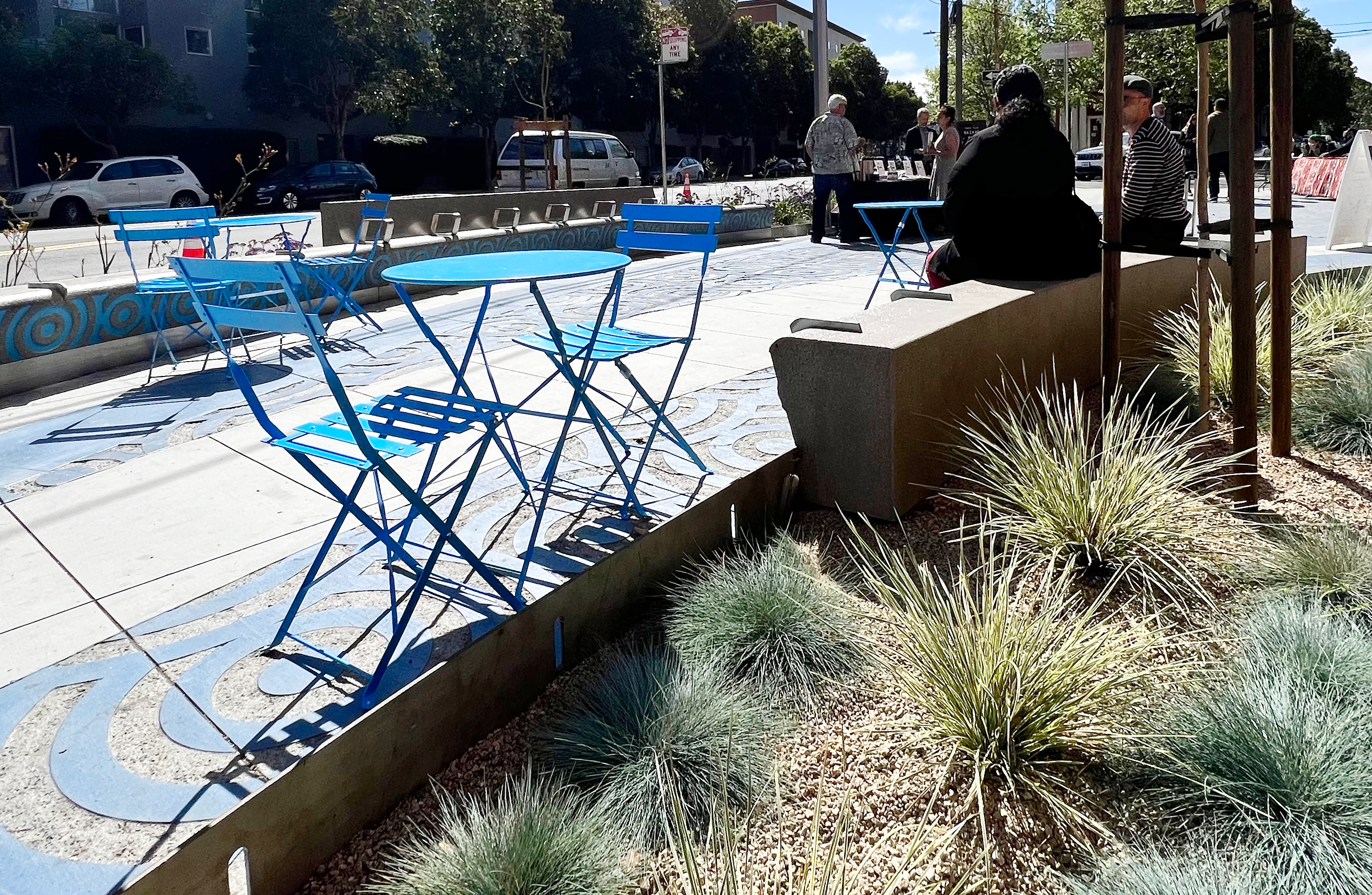Policies, Principles, and Goals
The FY2024-33 Capital Plan responds to the economic shifts that remain from the COVID-19 pandemic and the resultant economic crisis. Retaining a focus to be good stewards of public funds and assets, the Plan preserves San Francisco’s longstanding funding principles for capital. In addition to the Plan’s funding principles, restrictions around issuing debt and setting funding targets for priority programs help San Francisco to demonstrate its intention to invest responsibly and in the areas of greatest need. The Plan’s policies govern the level and distribution of funds that feed into the Plan while the funding principles show how the funds will be prioritized.
Pay-Go Program Policies
The Capital Plan recommends a Pay-Go Program funding level based on the goal of restoring and eventually exceeding pre-pandemic levels of investment in capital. This Plan recommends a General Fund investment of $89 million in FY2024 growing by $30 million per year until FY2028, and $25 million per year thereafter. To address the low level of investment in the first two years, the Capital Plan recommends supporting the Pay-Go program with the issuance of Certificates of Participation in FY2024 and FY2025. This program is the City’s primary source for basic public facilities and right-of-way repairs, an essential function of government that the City is required to deliver.
From FY2015 to FY2020, San Francisco met or exceeded the Capital Plan-recommended funding level for the Pay-Go Program. However, the Program suffered significant cuts as part of the FY2020 rebalancing required to absorb unexpected costs associated with the COVID-19 pandemic. Those cuts were followed by significant reductions in the FY2021 through FY2023 budgets. This Plan aims to put San Francisco on track to build back up to healthy levels of capital Pay-Go spending to ensure a basic state of good repair for public assets.
The Pay-Go Program policies recommended by the Plan are:
- The General Fund funding level will be $89 million in FY2024 growing by $30 million per year until FY2028, and $25 million per year thereafter.
- The Street Resurfacing Program will be funded at the level needed to achieve and maintain a “Good” Pavement Condition Index (PCI) score of 75.
- ADA barrier access removal projects and the ongoing curb ramps right-of-way program will continue to be a program priority.
- Restores funding for critical enhancements by providing $5 million in FY2024 and FY2025, followed by $10 million per year thereafter.
Several voter-determined outcomes over the past four years have affected the Pay-Go Program. Approved set-asides for the Recreation and Parks Department and street trees maintenance without associated revenue sources have resulted in restrictions on General Fund spending. These measures have reduced the flexibility of the Pay-Go Program.
For more information on the Pay-Go Program, please see Chapter Five: Capital Sources.
Table 2.2
|
Pay-Go Program Funding (Dollars in Millions) |
FY24-28 |
FY29-33 |
Plan Total |
|---|---|---|---|
|
Routine Maintenance |
90 |
115 |
205 |
|
ADA: Facilities |
9 |
9 |
18 |
|
ADA: Public Right-of-Way |
28 |
37 |
65 |
|
Street Resurfacing |
161 |
294 |
454 |
|
Enhancements |
40 |
50 |
90 |
|
Recreation and Parks Base Commitment |
71 |
71 |
142 |
|
Capital Contribution to Street Tree Set-aside |
34 |
43 |
78 |
|
ROW Infrastructure Renewal |
31 |
84 |
115 |
|
Facility Renewal |
281 |
716 |
998 |
|
Total Projected Funding |
745 |
1,420 |
2,165 |
Debt Program Policies
The policy constraint for the General Obligation (G.O.) Bond Program is:
- G.O. Bonds under the control of the City will not increase long-term property tax rates above FY2006 levels. In other words, G.O. Bonds under control of the City and County of San Francisco will only be used as existing bonds are retired and/or the city's assessed value grows.
- Consistent with the 2022 update of the Five-Year Financial Plan, the G.O. Bond Program assumes growth in Net Assessed Value of -0.24% in FY2024, 1.08% in FY2025, 0.99% in FY2026, 1.34% in FY2027, 1.79% in FY2028, and 3% annually thereafter.
The policy constraint for the Certificates of Participation (General Fund Debt) Program is:
- The amount spent on debt service in the General Fund Debt Program will not exceed 3.25% of General Fund discretionary revenues.
- Consistent with the Five-Year Financial Plan, the Plan assumes that General Fund discretionary revenues grow 3.30% in FY2024, 3.65% in FY2025, 3.85% in FY2026, 2.33% in FY2027, 1.77% in FY2028, and 2.70% annually thereafter.
General Policies
The Capital Plan uses the Annual Infrastructure Construction Cost Inflation Estimate (AICCIE) developed by the Office of Resilience and Capital Planning and approved by the Capital Planning Committee for the first year of the Capital Plan. For this Plan, that figure is 6.0%. Thereafter, the Plan assumes an annual escalation rate of 5.0% unless otherwise noted.
The City uses a revolving Capital Planning Fund primarily to support pre-development of projects for inclusion in bonds with the expectation that these funds will be reimbursed at bond issuance.
Departments with major building projects within the Plan's time horizon are expected to develop estimates for the impact on the City’s operating budget as part of project development. Those impacts appear in the Plan to the extent they are known at publication and are further discussed as a standard component of requests made to the Capital Planning Committee. Operating impacts are also considered during the City’s annual budget development process. The financial impact of operations is not recorded in the Plan but is addressed for major projects in the City’s Five-Year Financial Plan.


